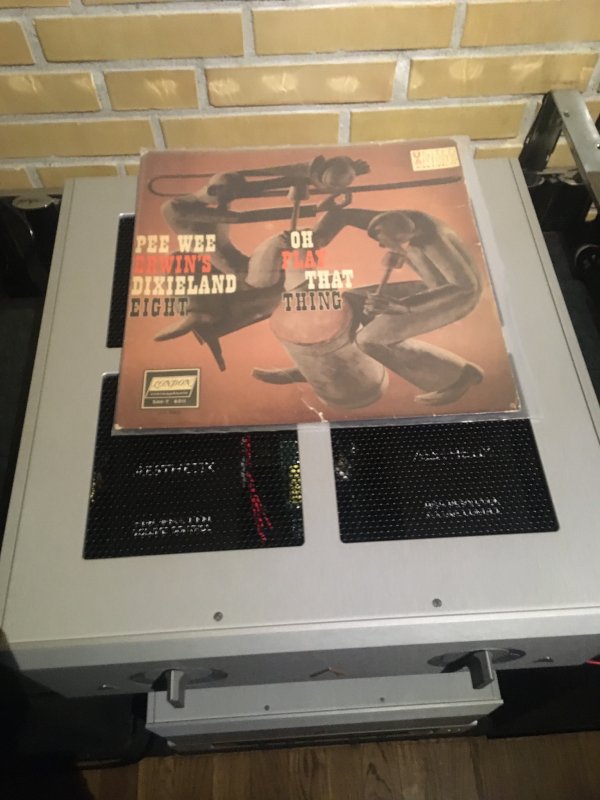It is in vinylistas' self-interest to perpetuate the "Golden Age" nostalgia. After all, there are no analog recordings since the late 70s / early 80s, certainly in classical music. Who would want to admit that the world has moved on with continued excellence, if you can perpetuate a myth instead? This is not to diminish the many great classical recordings of the past in any way -- they still remain great today, and should be enjoyed as such; I certainly do -- but time does not stand still.
And hey, there is great new classical music written after 1980, too. I am listening to it all the time -- not just (hardcore) avant-garde, but more "conventional" music as well.
Al, what do you mean by "perpetuate" the Golden Age nostalgia? And how is it in their "self-interest"? What is the myth? I can certainly admit that the world has moved on and music and recordings techniques continue to evolve, but whether or not they reach the same level of excellence can be discussed.
I can understand an economic self interest from a collector and reseller of vinyl records from this era, but you seem to be talking about a larger group of audiophiles and music lovers who agree on this period as being one of supreme achievement. Personally I like rock music from about 1967 to 1974. Perhaps that's nostalgic, but the prices for those original LPs reflect demand and the young still study guitar riffs from Jimmy Hendrix, Jimmy Page, and Richie Blackmore for a reason. We still listen to Bach, Beethoven, and Brahms for a reason. I suppose music directors act in their self interest when including these composers on their programs because people want to hear this music. Given choices, I usually prefer LPs from this period because I think they sound better. I see that as perferrence, not self interest, and no perpetuation, just choice.
Perhaps people simply recognize these performances and recordings techniques coming together in one period as a high point of achievement, a particular moment in time which in their view has not been surpassed. It does not mean that more recent recordings are not excellent and can't be enjoyed. I think people view these Golden Age recordings as something to emulate or reach for, even surpass. They are a reference.
I happen to recognize something special in the European sports cars from the 1960s, paintings from the 1600s, Architecture from the 1860s to 1930s, and see those as high points in their respective areas. Nothing to do with nostalgia, simply an appreciation for these great periods of artistic and engineering achievements.








